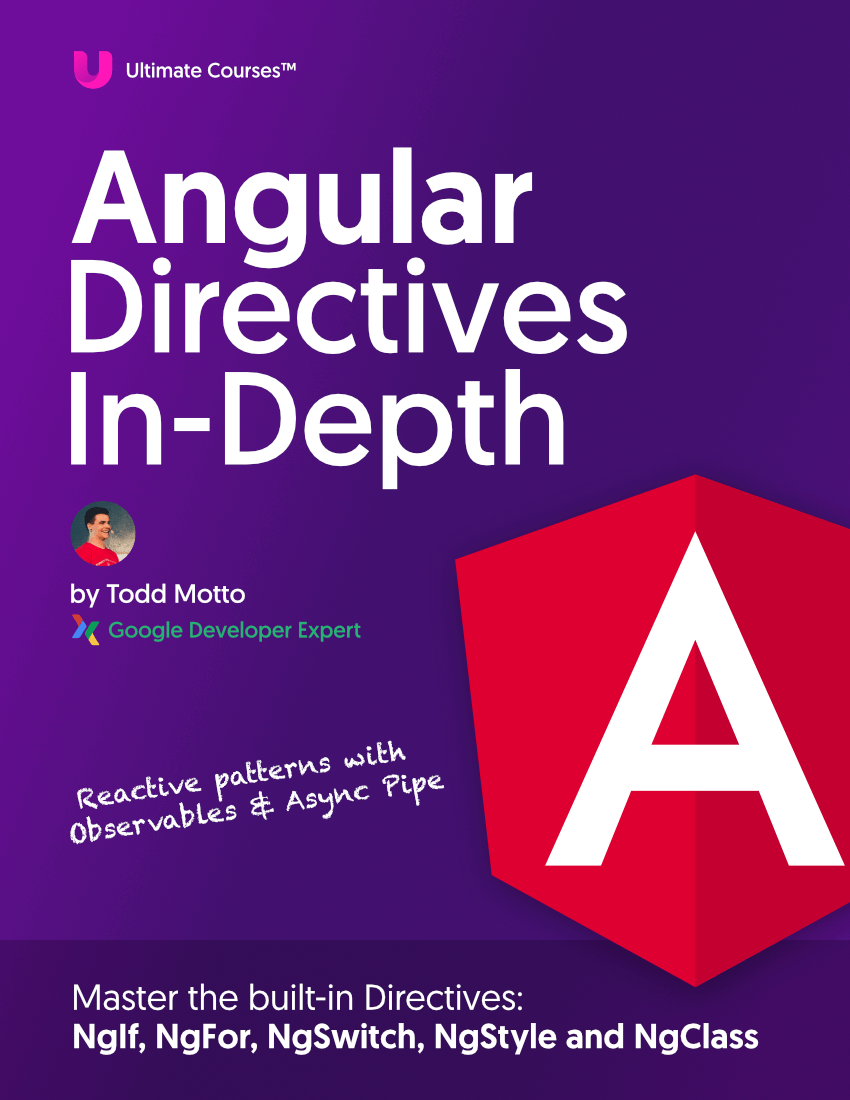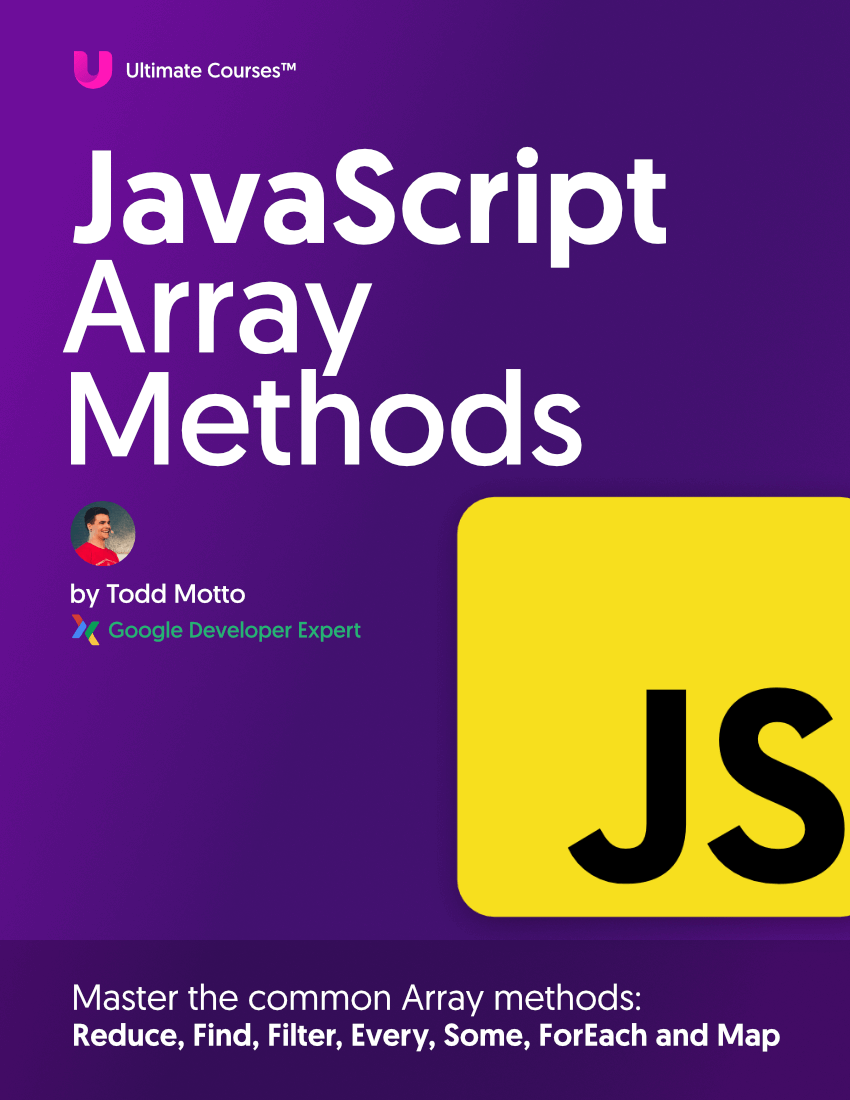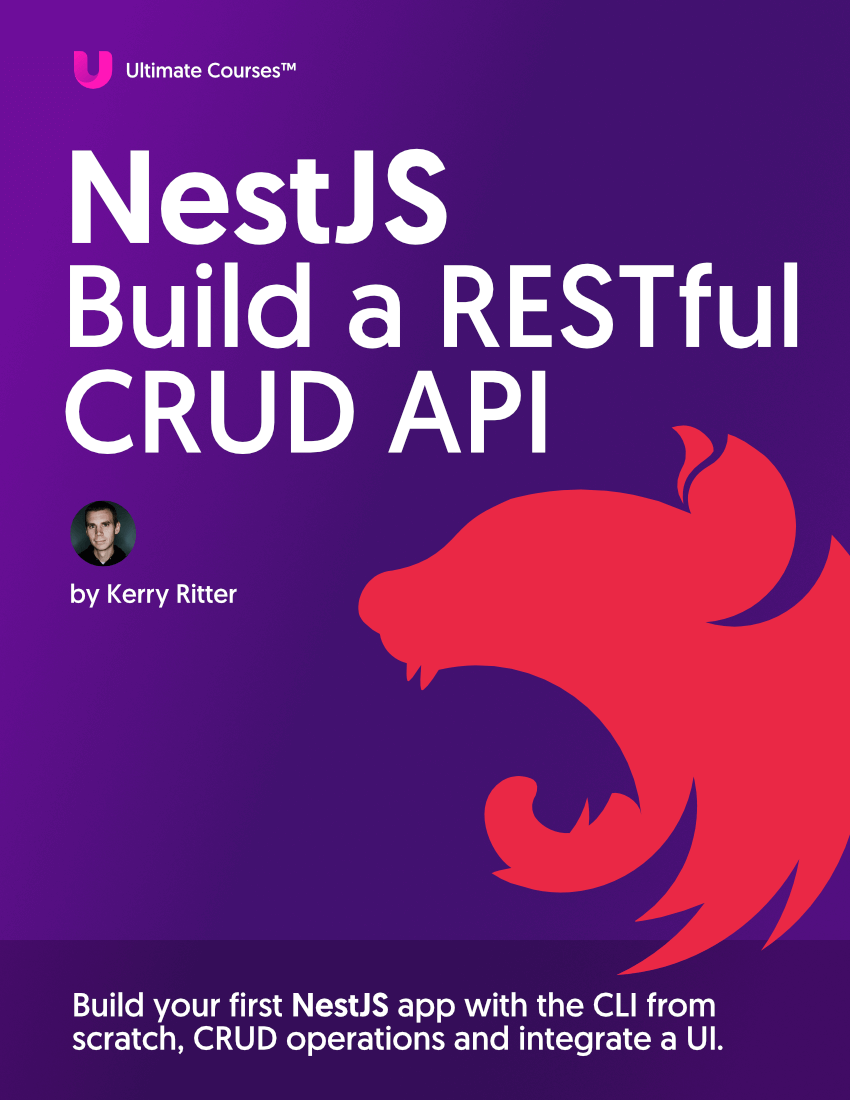So you made it to the technical interview round and you’re probably feeling some combination of excited and terrified. Regardless of your level of expertise or the language you’ll be coding in for the challenge, there are some universal things you can do to prepare.
Table of contents
1. Talk To People From The Company
Unless the technical interview is the first round of interviews at the company, you already have at least one contact there. Whether it’s HR or your future boss, there are a few questions you should absolutely ask before you head into the challenge.
- What kind of technical interview will this be? This is when you’ll find out whether you are in for a take-home challenge, in-person pairing, whiteboarding, or anything else they might throw your way. Try and get as much information as you can. If it’s a full-stack job you’re going for, ask if it’ll be front or back end focused. They may not be able to tell you, or you might end up being the only one who asked and shows up ahead of the game.
- Who will I be meeting with? If they’re willing to share this information with you, it gives you time to do a google search and learn more about the team. This will help you assess what type and level of knowledge you’ll be interacting with. Whether you see they’ve been a Senior Software Engineer in .NET for 10 years, or that they have a background in UX, you’ll get a hint towards the kinds of questions they’ll be asking.

Free eBook
Directives, simple right? Wrong! On the outside they look simple, but even skilled Angular devs haven’t grasped every concept in this eBook.
-
 Observables and Async Pipe
Observables and Async Pipe -
 Identity Checking and Performance
Identity Checking and Performance -
 Web Components <ng-template> syntax
Web Components <ng-template> syntax -
 <ng-container> and Observable Composition
<ng-container> and Observable Composition -
 Advanced Rendering Patterns
Advanced Rendering Patterns -
 Setters and Getters for Styles and Class Bindings
Setters and Getters for Styles and Class Bindings
After you’ve drained HR of all in the info they can share with you, try to find someone else that you can convince to grab coffee with you before the big day. Head to LinkedIn and start sleuthing! Maybe there is someone you have a mutual connection with and can ask for an introduction, or maybe you can just be bold and send a message letting them know you’d like to pick their brain about the company. (Note: Anyone mentioned as someone who will be in the interview with you may not be allowed to meet ahead of time, so try to find a fresh face.)
Once you have gotten someone to agree to meet with you, you have a great opportunity to feel out the culture of the company and ask some more specific questions about the gauntlet you are about to walk into.
- What was your experience with the technical interview like? If they’re willing to share, this would be some very valuable information to have. They might not tell you the specific questions they were asked, but you can try and get a feel for the level of difficulty or if it was a collaborative experience at all.
- Is there a specific area I should try to study? You might know what language or framework you’ll be tested on, but they may be able to give you more insight into whether or not there will be a big focus on unit testing, accessibility, UX, etc.
- What can you tell me about the person who will be interviewing me? This can be a great question to learn more beyond what LinkedIn told you. You can ask about what their vibe is like in the office, what pronouns they prefer, or if they love dogs.
2. Relax
You’ve made it to the day of the interview! Hopefully you got some good sleep and weren’t coding as much as usual in your dreams. Up until today, you’ve been figuring out what to study and studying it, doing coding challenges and reviewing terminology and your brain is stuffed. It’s time for the easy part - relax! This is where you do all the things you know you’re supposed to do. Eat a good meal with brain food, step away from your screen and go for a walk. All of this will help to put you in the best mindset possible to walk into your interview.
If you really want to do something productive, review your notes on the company or who you’ll be interviewing with. Always good to make sure you don’t forget any names off the bat. Just try to avoid solving any complex algorithms.
3. Focus On What You Can Control
Of course you’re walking into this interview wanting to absolutely kill it, but know that you likely won’t be able to answer 100% of what they ask correctly. These challenges are often built to push you and see what you do when you get stuck (because that happens fairly often in coding, as you’ve probably noticed). Once the day of the interview has arrived, your level of knowledge on a topic or the speed at which you can retrieve said knowledge from the corners of your brain is fixed. So instead of stressing out about that one design pattern you don’t quite understand, focus on what you can control, because those are going to be some of the things that matter most in an interview.
- What you would be like to work with. Not only do your interviewers want someone who will be competent at their job, but they want someone they can stand to be around for 40 hours a week. There are always going to be conflicts and complications in the world of development, so make sure you show off your ability to navigate those. Slip in a story about how you helped your team navigate a tricky challenge in the past, or how you like to crack jokes to keep things light. Go over some of your “soft skills” before the interview and be prepared to weave those into your responses.
- What is your strategy when you get stuck? You and your interviewer both know that you will get stuck while coding. Chances are you’ll get stuck during the technical interview as well. Awesome! Time to show off your well-honed problem-solving skills. Talk through what you would do to work through the challenge at hand. Maybe you aren’t allowed to google or ask a coworker during the interview, but your interviewer will like hearing your thought process and take that into consideration along with the code you actually write.
- Are you willing to learn? One of the great things about being a developer is new technology is always popping up and old technology is improving. That means that even if you have 40 years of experience in the field, you’ll still always have something to learn. Showing your prospective employer that you are eager to learn, and even giving examples of how you take your personal growth seriously, will give them insight into your potential.
- Your attitude. Finally, you may be experiencing a range of emotions throughout the interview. One minute you’ll feel triumphant about answering a question thoroughly, the next you’ll feel discouraged by never having heard of something that is mentioned. Throughout the ups and downs, you can work to keep your attitude positive and consistent. Instead of showing frustration and negativity when you can’t find a solution, show a willingness to learn while keeping a positive attitude.
4. Pump Yourself Up
How confident you feel walking to an interview will not only be noticed by your prospective employer but could even affect how you perform (don’t believe me? check out this article). So figure out what it is that gets you psyched and makes you feel ready to tackle anything that comes your way. Can’t think of any? Take some of my favorite ideas:
- Power Pose. Yup, that’s right. Stand like Superman for two minutes before you walk into the building. There is some debate on the efficacy of this one, but let’s be honest, it can’t hurt and it’s kinda fun.
- Blast your favorite music. On the way to the interview, get some upbeat jams going that you love. My go-to was Lizzo, and she was always on at max volume while I drove to interviews. By the time I got there, I felt confident and ready to take on the world.
- Repeat a mantra. I know, it’s cheesy. But sometimes you just have to look in the mirror and remind yourself that you’re a boss and you’re going to kill it.
You’re ready! Go in there and impress the heck out of the interviewer. Because you’re awesome and they would be lucky to have you.


